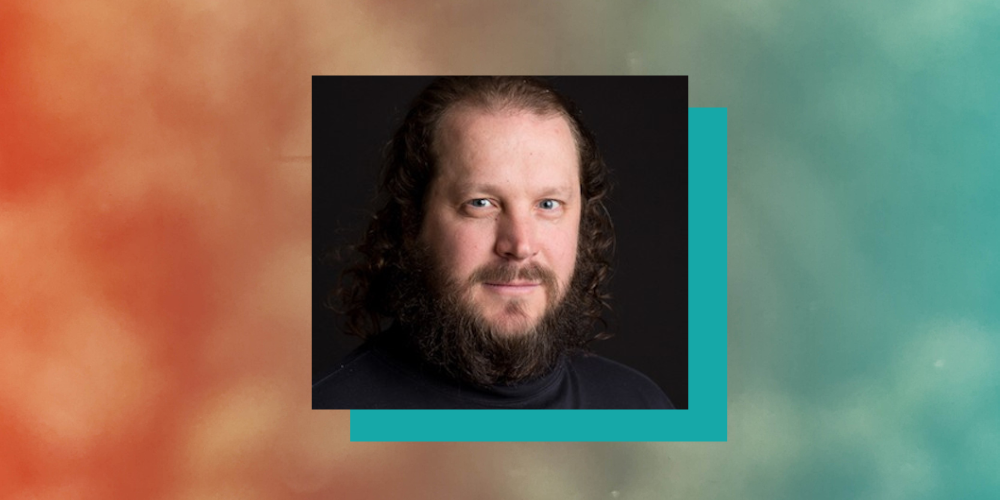Alumni Spotlight: Kurt Enger '07
The Alumni Spotlight is a place to hear from the School of the Arts alumni community about their journeys as artists and creators.
Kurt Enger '07 works as a Producer, Production Manager and Location Manager on feature films produced in New York City and beyond. Recent credits include: Keep the Change, The Land Of Steady Habits, Get Out, Dabka, The Last Poker Game, Barry, Anesthesia, Beasts of No Nation, Before We Go, 5 to 7, and The Disappearance of Eleanor Rigby. Kurt is a member of the Directors Guild of America and is honored to have worked with directors such as Cary Fukunaga, Tim Blake Nelson, Helen Hunt, Jordan Peele, Chris Evans, James Franco, Errol Morris, James Marsh, Alex Gibney, Nicole Holofcener, and Ang Lee. He received an Ed.M. in Human Development and Psychology from Harvard University and an M.F.A. in Film from Columbia University’s School of the Arts (’07).
Was there a specific faculty member or peer who especially inspired you while at the School of the Arts? If so, who and how?
With such an incredible faculty in the Film Division, it is so hard to single out just one person. Maureen Ryan, Ira Deutchman, Mike Hausman, Jamal Joseph, Lewis Cole, Richard Brick, Tom Kalin and Eric Mendelsohn all had a profound impact on my education and my professional career. Even to this day, ten years after graduating, I'm proud to maintain meaningful friendships and working relationships with them.
How did attending the School of the Arts impact your work and career as an artist?
The Film Division fostered a collegial and collaborative atmosphere that gave me the freedom to explore as a writer and director. As a producer, I was profoundly fortunate to intern on Ang Lee's Brokeback Mountain with Mike Hausman and Scott Ferguson who taught me how the mechanics of production can support a director's vision and honor an important story that has broad socio-political importance. Learning how to support a master director from Mike and Scott has informed my work every time I collaborate with a director at every experience level no matter what size of production.
What were the most pressing social/political issues on the minds of the students when you were here?
A week or two into my first year in film school, as I was on my way to a screenwriting class, two planes crashed into the twin towers. Fear, terrorism, war, religion, freedom of expression, and the narrative structure of unfolding current events were all ripe fruit for vigorous discussions in the ensuing years. I remember watching The Battle of Algiers in Lewis Cole's class and having spirited debates of whether to describe the insurgents as freedom fighters or terrorists, and how those labels can be subjectively applied depending on whether the viewer identifies with the French colonialists or the colonized Algerian population.
What was your favorite or most memorable class while at the School of the Arts?
Again, too many to single out just one, but I really enjoyed Tom Kalin's directing class where we concentrated on one-take scenes and sequences. The choreography of the camera work in concert with the actors' performances can create a thrilling cinematic achievement. I am always excited in pre-production and on set at the prospect of helping construct a "oner". When you nail it, there is an excitement level akin to the magic of great live theatre.
What were the first steps you took after graduating?
Upon graduation, I started working in episodic television as an assistant location manager at Law & Order: Special Victims Unit. This was a great entree into the world of production in New York City. Having a "day job" in the industry to pay the bills is a great way to stay engaged and connected as you grow your personal artistic career as a writer, director or producer.
What advice would you give to recent graduates?
Stay in touch with your fellow classmates; make connections with alumni ahead of you and students behind you. The cohort of Columbia filmmakers is an incredible resource.
